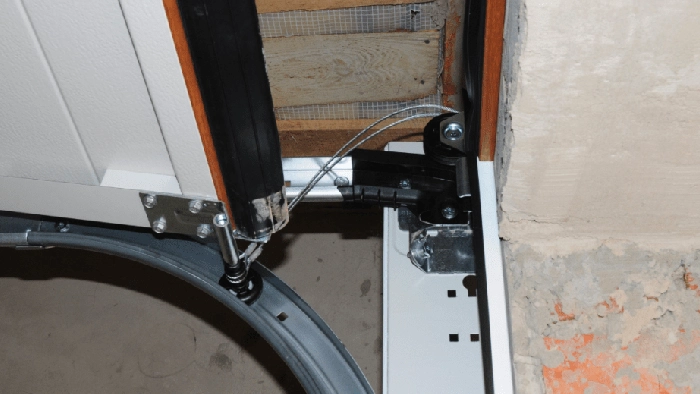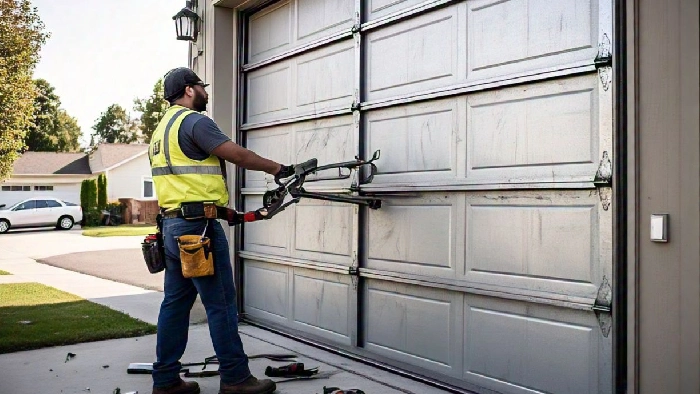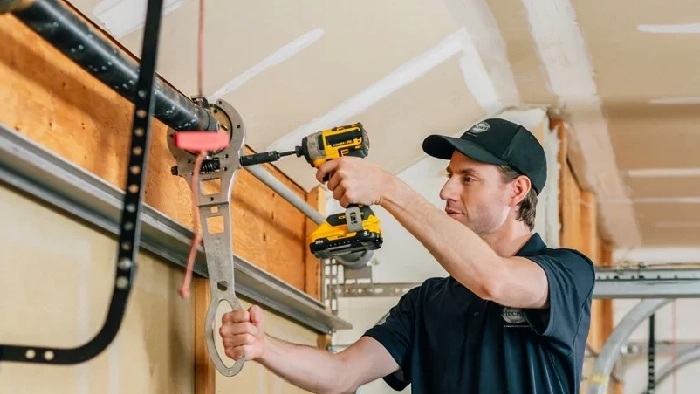
Is It Worth Repairing A Garage Door Opener?
When it comes to maintaining our homes, one of the most crucial components often goes unnoticed until it fails—our garage door opener. This unsung hero of our daily routines quietly performs its duty, allowing us access to our vehicles and belongings while providing security. But what happens when this reliable device begins to show signs of wear and tear? Should you repair it, or is it time for a replacement? In this comprehensive article, we’ll delve into the nuances of garage door opener repair and replacement, helping you make an informed decision.
Understanding Garage Door Openers
What Is a Garage Door Opener?
A garage door opener is a motorized device that opens and closes your garage door. It usually consists of a remote control system, safety features, and hardware that allows the door to move smoothly along its tracks. The main types of openers include chain drive, belt drive, screw drive, and direct drive systems.
How Does a Garage Door Opener Work?
The operation of a garage door opener involves several components working together harmoniously. When you press the remote control or wall switch, it sends a signal to the opener’s motor. This motor then engages the mechanism that lifts or lowers the door through a system of pulleys and tracks.
Common Types of Garage Door Openers
Signs You Need Garage Door Opener Repair
Unusual Noises During Operation
If you hear grinding or squeaking sounds when operating your garage door opener, it's often an indicator that something is amiss. These sounds may suggest worn-out gears or issues with lubrication.
Door Won't Open or Close Completely
One of the most frustrating problems is when your garage door stops halfway during its cycle. This could be due to misaligned sensors or issues with the limit switch settings.

Remote Control Issues
If your remote control frequently malfunctions or doesn’t work at all, it might be time for some troubleshooting—or possibly replacement if repairs are ineffective.
Inconsistent Performance
Your garage door opener should operate reliably every time you use it. If it's become inconsistent—opening one day but refusing to budge the next—it’s likely showing signs that repair is needed.
Benefits of Repairing Your Garage Door Opener
Cost-Effectiveness Compared to Replacement
Repairing your existing garage door opener can save you money compared to buying a brand-new unit. Often, simple fixes can restore functionality without breaking the bank.
Maintaining Existing Features and Customizations
If you've customized your current opener with specific features—like smart technology tools for garage door opener replacement integration—repairing retains those benefits rather than starting from scratch with a new model.
Environmental Considerations
Opting for repairs over replacements can be more environmentally friendly since it reduces waste by keeping functional equipment out of landfills.
When Should You Consider Replacement Instead?
Age of Your Garage Door Opener
Most garage door openers have an average lifespan ranging between 10-15 years. If yours is approaching or has surpassed this age range, replacement may be more cost-effective in the long run.
High Repair Costs versus New Purchase Price
If you're facing costly repairs—especially if they exceed 50% of the cost of purchasing a new unit—it might be wise to invest in something new rather than sinking money into an aging device.
Lack of Safety Features in Older Models
Older models may lack modern safety features such as auto-reverse mechanisms or smartphone connectivity, making them less secure compared to newly manufactured options.

Evaluating Your Options: Repair vs Replacement Checklist
| Criteria | Repair | Replace | |---------------------------------|--------------------------------|-------------------------------| | Cost | Generally lower | Higher initial investment | | Lifespan | Shorter-term solution | Long-lasting | | Safety Features | Limited | Enhanced | | Customization | Retains existing customizations | New options available | | Timeframe | Usually quicker | Installation required |
DIY Garage Door Opener Repairs: What You Can Do Yourself?
While some repairs should remain in professional hands, there are several minor fixes homeowners can tackle themselves:
When Should You Call in Professionals?
While DIY repairs can save time and money, certain situations warrant professional intervention:
- Complex electrical issues
- Major component replacements (like motors)
- Safety sensor alignment problems
Professional technicians possess specialized tools and expertise ensuring effective solutions while adhering to safety protocols.
Cost Breakdown: Understanding Garage Door Opener Repair Expenses
The costs associated with repairing your garage door opener vary widely based on several factors:
On average:
- Minor repairs may range from $100-$200
- Major repairs could reach $300-$500
- Full replacements typically fall between $400-$1,500 depending on model choice
FAQs About Garage Door Opener Repair
Q1: How do I know if my garage door opener needs repair? A1: Look out for unusual noises during operation, incomplete opening/closing cycles, remote control malfunctions, or inconsistent performance.
Q2: Can I fix my garage door opener myself? A2: Yes! Simple tasks like lubricating parts or changing batteries can often be handled by homeowners without professional help.
Q3: How much does it typically cost to repair a garage door opener? A3: Minor repairs usually range from $100-$200; however major fixes could go up to $500 depending on what's required.

Q4: What are some signs my opener needs replacing instead? A4: If you're dealing with frequent breakdowns after years of service or high repair costs exceeding half its value—consider replacing instead!
Q5: Are newer models worth investing in? A5: Modern models come equipped with advanced safety features & technology making them safer & more efficient than older versions!
Q6: What should I look for when purchasing a new garage door opener? A6: Prioritize safety features like auto-reversal capabilities & consider compatibility with smart home systems before making purchases!
Conclusion
In conclusion, deciding whether to repair or replace your garage door opener involves careful consideration across multiple fronts—costs involved in both avenues being key factors alongside functionality longevity & safety measures available through newer models! By understanding these elements clearly outlined here today—homeowners will feel confident navigating their options effectively while maintaining accessibility within their homes!
Whether opting for professional assistance after evaluating potential DIY fixes—or investing anew down line—you'll ensure uninterrupted ease-of-use regarding this essential part-of-your-home infrastructure!
So next time your trusty guardian—the humble yet vital garage-door-opener—starts showing signs age… remember this guide carefully as it'll steer decision-making toward best possible outcome!